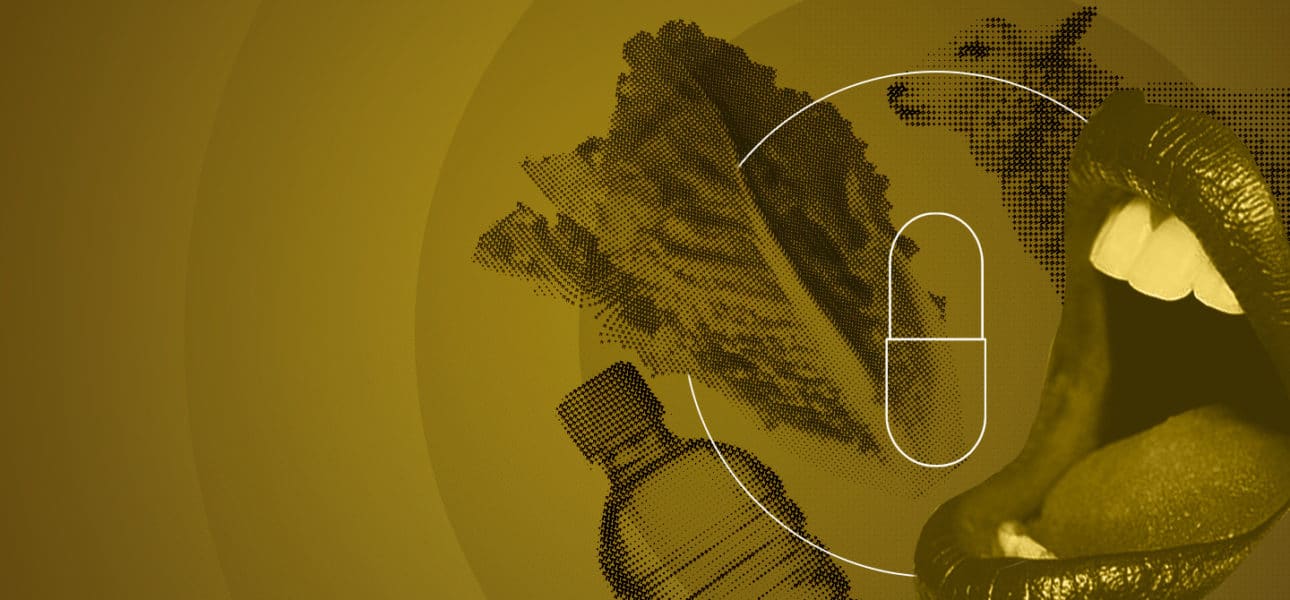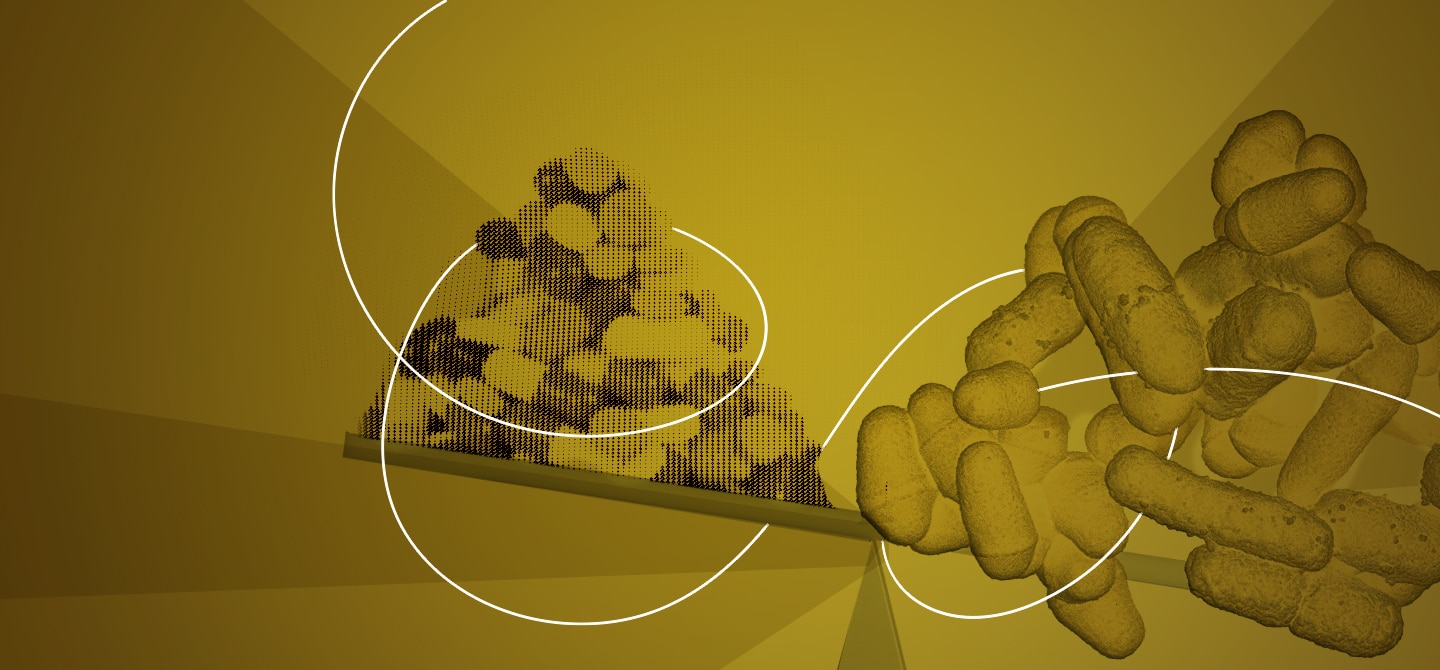It may seem surprising that philosophy is interested in antibiotic resistance. However, this public health problem questions our relationship with healthcare, our representations of disease, and the position of humans within the community of living beings. Miraculous in terms of effectiveness, we must nevertheless start by recalling that antibiotics are only one therapeutic option among others. Although less spectacular, these other options should not be overlooked.
A political history
In Europe and North America, approaches such as sanitising ointments or phages were abandoned. The latter, which uses deadly viruses against targeted bacteria, was a particularly developed technique in the Soviet world. Its complex prescription and particular logistics do not in themselves explain why it was abandoned in favour of antibiotics. The political context at the time and the Cold War must also be considered.
The specificities of our Western culture combined with the economic interests of the time favoured the development of antibiotics. When penicillin production was industrialised in the 1940s1, modern medicine was happy to be able to offer a standardised product that could cure an infection within days. The incidence of infection-related deaths fell and antibiotic use became widespread.
Industrialised countries have massively exported this standardised therapy to low-income countries to treat infectious diseases. Very quickly, however, counterfeit or under-dosed drugs appeared on the market, contributing to the emergence of resistance.
Looking beyond economic profit, it is our way of understanding bacteria and our vulnerabilities that antibiotic resistance calls into question. Scientists have known since the discovery of antibiotics that their unreasonable use and misuse ultimately threaten their effectiveness. However, they have been, and sometimes still are, administered preventively to avoid secondary infection, even in patients without risk factors, or massively in livestock until the early 2000s in Europe2.
Human and veterinary medicine has long practised, without taking into account its environment, even its immediate environment, neglecting the equilibrium of the micro-organisms (pathogenic or not) with which we cohabit. The philosopher of biology Thomas Pradeu questions these boundaries between ‘self’ and ‘non-self’3. Are these terms appropriate when the presence of these microbes is essential for our survival?
Nevertheless, the vocabulary in the field is violent, using a warlike lexical that evokes infectious agents. Medicine and hygienism ‘fight-against’ rather than ‘deal-with’ bacteria, so advocating their eradication in the collective consciousness. These representations hinder our curiosity about living things and our propensity to seek balanced relationships in biodiversity.
Facing the crisis
WHO warns of the risk of a post-antibiotic era, in which doctors would lack effective molecules. The crisis is serious, even though it was foreseeable, even anticipated. « Why have we been blind to it » is the first question that need to be answered when considering the phenomenon.
This cognitive dissociation is not unrelated to our mechanistic conception inherited from Cartesian philosophy. When René Descartes depicted humanity as being radically separated from the rest of the living world in the early 17th century, he established that the purpose of acquiring knowledge is to master nature, precisely for the sake of human health, « which is undoubtedly the first good and the foundation of all the other goods of this life« 4.
Although this thinking has been constantly challenged by research in ecology and biology, it remains central to when it comes to training doctors and veterinarians. Without belittling it, it does, nevertheless, favour a type of care oriented towards “technique” rather than “relationship”.
The social sciences have shown, however, that depending on whether a person’s beliefs are oriented towards science, conspiracy theories or scepticism, his or her behaviour in relation to antibiotic prescriptions will change.
Antibiotic resistance thus raises ethical questions, and practitioners will have rethink their role as caregivers beyond their technical role as “healers”. It also calls into question the currently unbalanced doctor-patient relationship and encourages co-construction of care, even in the choice of prescriptions5.
A carer is not a carer if he does not feel cared for by the person being cared for, as the psychiatrist Jean Oury elegantly put it. Thus, when we expect doctors or veterinarians to ‘educate’ their patients or clients so that they do not unduly demand antibiotics or use them better, we misunderstand what is at stake.
Rebuilding our relationship with care would therefore undoubtedly open the way to more profound and lasting changes in behaviour than management approaches are capable of doing. Approaches that are currently being adopted both by institutions and by many experts are the best way to respond to the antibiotic-resistance health situation. More inclusive approaches, such as « One Health« 6 are among the most interesting societal approaches to invest in, provided that they go beyond mere window-dressing to build a real collective philosophical investment.








